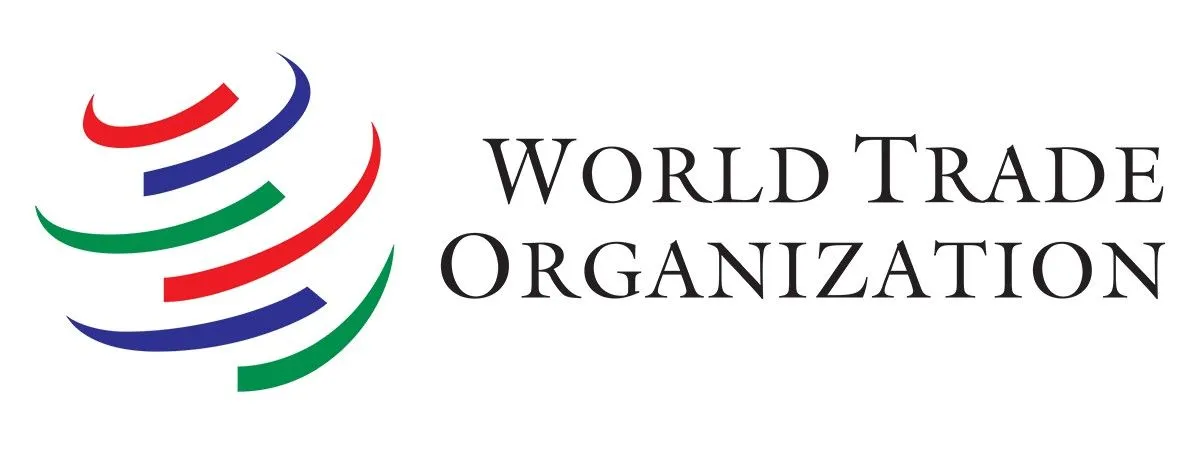The World Trade Organisation is recognising the urgent need to tackle climate change head-on through substantial decarbonisation efforts.
It is actively implementing trade-related climate measures (TrCMs) to encourage lower emissions, foster technological advancements, and promote sustainable practices across international supply chains.
According to a document made available to GOVIMA from the Committee on Trade and Environment
Council for Trade in Goods , it stated that with over a thousand TrCMs already reported to the WTO, including measures like carbon border adjustment mechanisms, there’s a growing necessity for comprehensive discussions to evaluate their effectiveness and global impact, ensuring they are in line with climate objectives and don’t create conflicting market signals.
In light of these concerns, WTO members have been deeply engaged in efforts to address the intersection of trade and climate change, both within the WTO and in various other global forums.
The Trade and Environmental Sustainability Structured Discussions (TESSD), established in 2020 with 76 participating WTO Members, serves as a crucial platform for open dialogues on trade, environment, and climate issues. Recent discussions within the TESSD have covered diverse sectors such as steel, aluminium, and agriculture, as well as key topics like deforestation and circular economy practices.
Recognising the value of these discussions, the United States advocates for their continuation while also emphasising the importance of expanding the dialogue to develop practical policy solutions tailored to member needs.
Moreover, WTO Committees focusing on Trade and Environment, Agriculture, Technical Barriers to Trade, and Trade Facilitation have been actively addressing TrCMs and their implications for global trade dynamics. These committee discussions facilitate transparency and understanding among members regarding the diverse range of TrCMs being implemented worldwide. It’s emphasised that members’ engagement in these committee discussions is vital, even if similar topics are covered within the TESSD.
Outside the WTO, a multitude of international organisations, private sector associations, and civil society groups are deeply involved in exploring the trade-related dimensions of climate change.
These efforts include discussions on methodologies for measuring emissions intensity, mapping out strategies for mitigating climate impact, and establishing international standards for regulatory frameworks. For instance, the OECD’s Inclusive Forum on Climate Mitigation Approaches plays an active role in driving such discussions forward.
In a bid to further enhance dialogue and collaboration on trade and climate issues, WTO members are gearing up to intensify discussions through existing platforms like the TESSD. The objective is to identify practical policy options and tools that effectively address climate change challenges. Proposed actions include thematic discussions within WTO committees, multi-stakeholder events, and the development of a comprehensive report to share insights and experiences.
The overarching aim is to inform Members’ policy decisions, minimise trade barriers, and facilitate a just transition towards a sustainable, green future.



